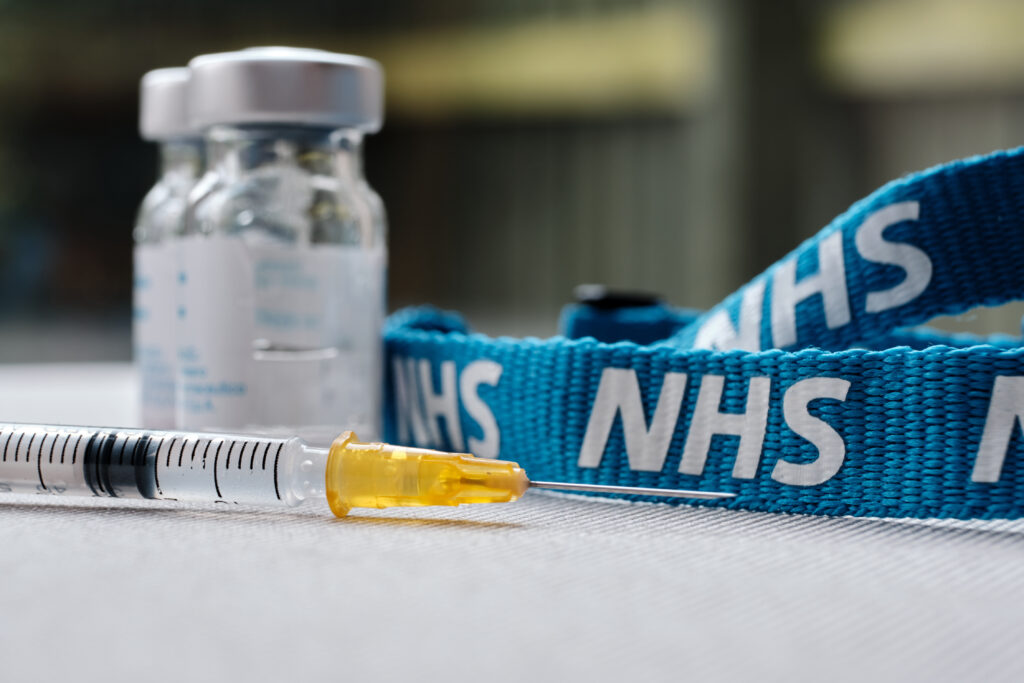Just 28% of the UK public thought the NHS was providing a good service nationally ahead of the General Election, according to polling by the Health Foundation.
This was six percentage points down on 2023, and the lowest since it started asking this question in 2021.
This compares with 46% who disagreed that the NHS is providing a good service nationally and 23% who neither agreed nor disagreed.
The polling was undertaken in May 2024, shortly before the General Election was called.
It also highlighted the strength of concern about pressures on general practice, with 78% of the public concerned about the level of pressure that GP practices were facing, up from 73% in May 2022.
When quizzed on different priority areas for the NHS, the public’s top priority was reducing the number of staff leaving the NHS by improving working conditions (39%).
This was closely followed by making it easier to get appointments at GP practices (34%) and increasing the number of staff in the NHS by increasing recruitment (32%).
The polling showed that more than half of people (52%) thought the NHS would get worse over the next year.
In particular, they thought pressure or workload on NHS staff (65%) and waiting times for routine services (62%) would get worse.
Tim Gardner, assistant director of policy at the Health Foundation, said: “Public satisfaction with the NHS was at a record low prior to the election and the new government will have its work cut out to turn that around.
“The public want to see steps taken to retain NHS staff, improve GP access and recruit more people to work in the health service.
“The new government has made a promising start in reaching an agreement with union leaders to settle industrial action by junior doctors and NHS staff will welcome the decision to accept the NHS Pay Review Body recommendations.
“However, the challenges facing the NHS are considerable. There are no quick fixes, but the NHS can recover with the right mix of policy change, innovation and investment.”
